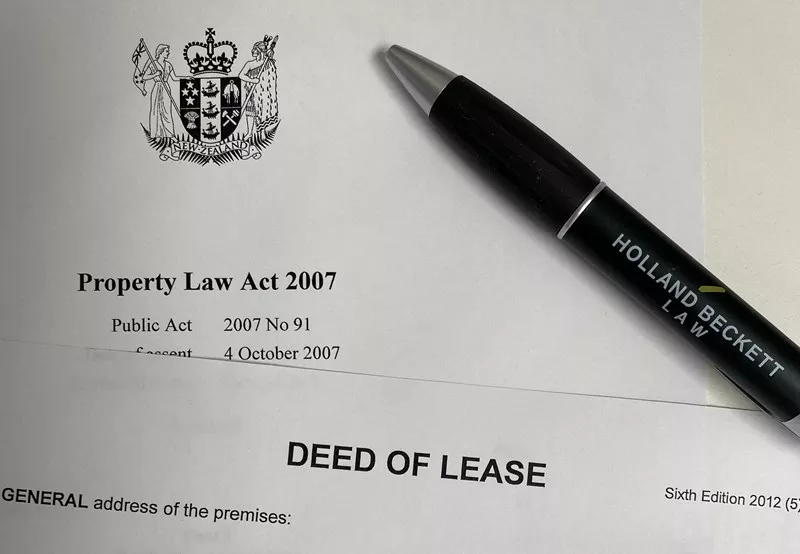“If you’ve got nothing nice to say, say nothing at all” may be an old adage, but it still has force in the social media age. Seemingly ancient legal concepts can bite in unexpected ways for those freely expressing their opinions online.
Some may be familiar, such as defamation and harassment. Others, like malicious falsehood, and the Harmful Digital Communications Act (HDCA), are less familiar. But they can all have significant consequences, and can even lead to criminal charges.
In this article, we highlight some of the do’s and don’ts for interacting online.
One of the major possible pitfalls is the law of defamation. This is the area of law aimed at protecting reputation. It enables someone who believes they have been unfairly disparaged to sue to regain their standing. Large sums can be awarded by way of compensation where defamation is established.
The obvious tension between this ability to sue and freedom of speech has seen the boundaries of defamation gradually pushed back in recent decades.
There are now a number of defences to these claims aimed at protecting those expressing their honestly held opinions and providing fair comment on matters of public importance. Truth is also a defence to defamation.
But succeeding in using one of these defences can be challenging, and a good defence is second best to not being sued in the first place.
The law is technical, but taking some basic steps can avoid a lot of upset:
- Where stating something about a person as a matter of fact, ensure it’s true.
- Avoid repeating rumours, gossip, and innuendo: those repeating defamation can be sued just as much as those originating it.
- In stating an opinion, ensure that you’re putting forward what you honestly think, and that you’re basing it on facts that you’re clear are correct. Avoid exaggeration or aiming to be malicious. It’s also easy to stray into making statements of fact in offering up an opinion.
- If you’re in charge of a page on social media, ensure you review it regularly and remove anything potential defamatory you find. There’s been a number of examples of page hosts being targeted for ‘permitting’ defamation to spread on their watch.
This includes where you’re posting a review of a business, leaving feedback on someone on TradeMe or TripAdvisor, recounting your experiences of an employer, or commenting on a news article you’ve seen online.
Businesses can also run into difficulties in with defamation (not to mention consumer and intellectual property law) in offering comparisons between their own products and services and those of their competitors. For example, Local toy manufacturer Zuru recently had to respond a claim by Lego that Zuru had breached trademark law in saying its products were compatible with Lego. Though Zuru succeeded, it will have incurred significant costs, and uncertainty, in defending the lawsuit.
One of the areas that can give people grief with defamation is the fact you can be found liable even if you didn’t mean to do harm.
Other parts of the law respond to those who do set out to cause loss or offence. Injurious falsehood allows someone to sue to be compensated for financial loss they have suffered as a result of lies knowingly told about them. While more limited in scope than defamation, there are fewer available defences than in defamation.
Not all processes are focused on financial compensation, and some can involve the criminal law.
An application can be made for a harassment order by the target of repeated hostile posts on electronic forums. Compared to claiming financial compensation, harassment orders are reasonably easy to obtain. Breaching a restraining order is a criminal offence, punishable by six months’ imprisonment or a fine of $5,000.
The HDCA is perhaps the widest-reaching, and most potent, tool available for regulating online conduct. Any conduct found to be likely to cause serious emotional harm because it is menacing, grossly offensive, indecent, harassing, or malicious can give rise to an order under the HDCA.
The District Court, in making an order, can compel harmful content to be taken down, and an apology made. The same penalties apply for breaching an order under the HDCA as with a harassment order. In particularly serious cases, the posting of the harmful communication itself can be punished by 2 years in jail or a fine of $50,000.
At the same time, while seeking to protect people online, the Courts are sensitive to the values of freedom of expression. These laws are applied in a manner that balances that right.
The above is only very general guidance and shouldn’t be relied on as legal advice. If you run into any of these unexpected pitfalls online, or feel you have been the target of harmful or inaccurate communications, Holland Beckett’s dispute resolution and litigation team can help.







